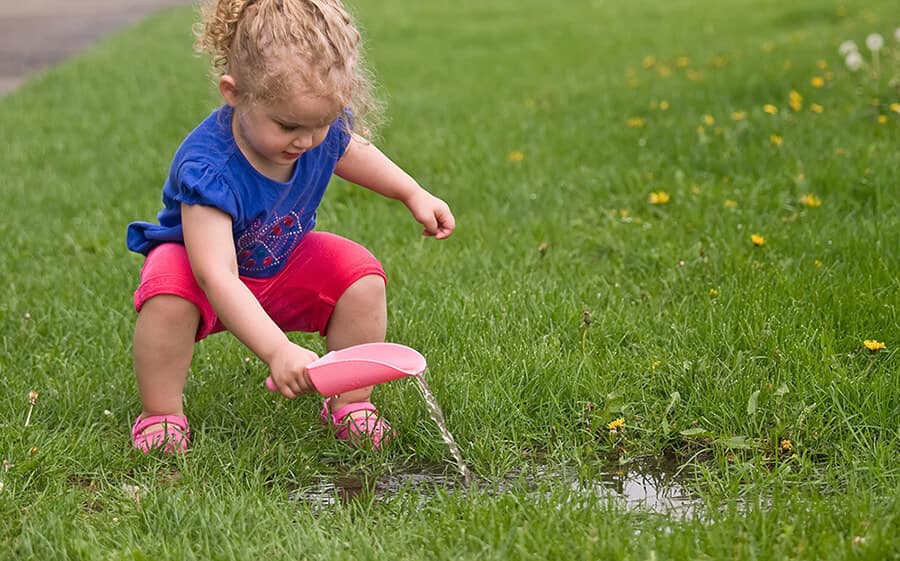Identifying the Six Most Common Causes of Water Leaks in Your Home
Identifying the Six Most Common Causes of Water Leaks in Your Home
Blog Article
We've come across the article on How Fast Water Damage Can Ruin Your Home below on the web and accepted it made good sense to talk about it with you on this page.

Leakages not only create waste of water yet can likewise cause unneeded damage to your residence as well as promote undesirable organic growth. By recognizing and looking for everyday circumstances that trigger leaks, you can secure your home from future leakages and unneeded damage.
Encroaching roots
The majority of water leaks begin outside the house instead of inside it. If you see an unexpected decline in water pressure, say in your tap, take time to head out as well as analyze your backyard. You might discover damp patches or sinkholes in your lawn, which could mean that tree roots are attacking water lines causing water to permeate out. You can have your plumber check for intrusion, particularly if you have trees or hedges near your home.
Rusty water systems
As time passes by, your plumbing system ages as well as deterioration such as corrosion might start eating away the pipes. This may be the source of staining or warping on your water pipes. This calls for an examination with your plumber immediately. If our plumbing system is old, think about changing the pipelines considering that they go to a greater risk of deterioration than the more recent models.
Malfunctioning Pipeline Joints
Pipeline joints can degrade over time, resulting in water leaks. If you have noisy pipelines that make ticking or banging sounds, specifically when the warm water is transformed on, your pipeline joints are probably under a lot of stress.
Instantaneous temperature level adjustments.
Extreme temperature level modifications in our pipes can create them to broaden and get suddenly. This growth as well as contraction might create splits in the pipes, especially if the temperature level are below cold.
Poor Water Connectors
At times, a leakage can be triggered by loosened hose pipes and pipelines that supply your home appliances. Generally, shifting is what causes the loosened water Connections. You may discover in the case of a cleaning machine, a pipe may spring a leakage because of drinking during the spin cycle. In case of a water links leak, you may observe water running straight from the supply line or puddles around your devices.
Obstructed Drains
Clogged drains pipes could be irritating as well as inconveniencing, however they can occasionally end up causing an overflow causing break pipelines. Keep eliminating any products that may drop your drains pipes that could block them to prevent such hassles.
All the above are root causes of leaks but not all water leaks result from plumbing leaks; some leakages could come from roofing leakages. All leakages need to be fixed immediately to avoid water damage.
Leakages not just cause waste of water but can likewise trigger unneeded damages to your residence and promote unwanted organic growth. By looking as well as recognizing for day-to-day situations that cause leaks, you can safeguard your house from future leaks and unnecessary damages. Today, we will certainly look at 6 leakage creates that might be creating your pipes to drip.
At times, a leak can be caused by loose hoses and pipelines that supply your home appliances. In case of a water connections leakage, you might see water running straight from the supply line or pools around your appliances.
How To Check For Water Leak In Your Home
How To Check for Leaks
The average household's leaks can account for nearly 10,000 gallons of water wasted every year and ten percent of homes have leaks that waste 90 gallons or more per day. Common types of leaks found in the home are worn toilet flappers, dripping faucets, and other leaking valves. These types of leaks are often easy to fix, requiring only a few tools and hardware that can pay for themselves in water savings. Fixing easily corrected household water leaks can save homeowners about 10 percent on their water bills.
To check for leaks in your home, you first need to determine whether you're wasting water and then identify the source of the leak. Here are some tips for finding leaks:
Take a look at your water usage during a colder month, such as January or February. If a family of four exceeds 12,000 gallons per month, there are serious leaks.
Check your water meter before and after a two-hour period when no water is being used. If the meter changes at all, you probably have a leak.
Identify toilet leaks by placing a drop of food coloring in the toilet tank. If any color shows up in the bowl after 10 minutes, you have a leak. (Be sure to flush immediately after the experiment to avoid staining the tank.)
Examine faucet gaskets and pipe fittings for any water on the outside of the pipe to check for surface leaks.
Undetected water leaks can happen without the home or business owner even realizing. If you suspect a water leak, but not able to find the source. It is time to contact a professional water leak detection service, The Leak Doctor.
How To Find a Water Leak In Your Home
https://www.leakdoctor.com/blog/How-To-Check-For-Water-Leak-In-Your-Home_AE197.html

I discovered that post on How to Find Water Leaks when doing a search on the internet. I beg you set aside a second to promote this entry if you enjoyed reading it. Thanks for taking the time to read it.
Go Deal Now Report this page